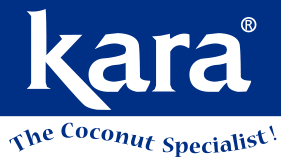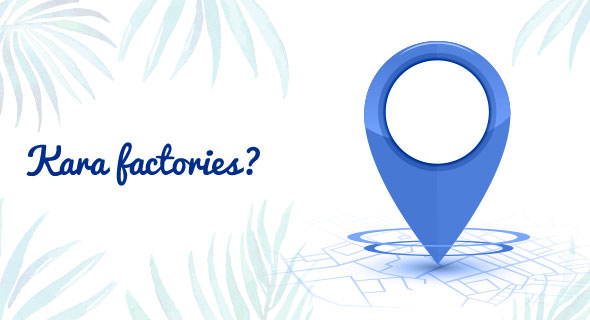
Where are Kara factories?
Kara factories are located at:
- Air Tawar, Desa/Kelurahan Air Tawar, Kec. Kateman, Kab. Indragiri Hilir, Provinsi Riau. – Direct bearing distance from Batam (Indonesia) is 120km
- Pulau Burung, Desa/Kelurahan Pulau Burung, Kec. Pulau Burung, Kab. Indragiri Hilir, Provinsi Riau.
– Direct bearing distance from Batam (Indonesia) is 100km.
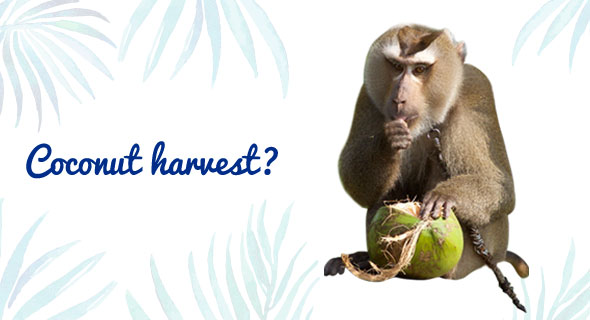
Coconuts harvested by monkeys?
- In the past, trained pig-tailed macaques are used to harvest coconuts in some countries such as Thailand & Malaysia. Now, this is mainly being used as a tourist attraction only.
- Kara does not use coconuts harvested by monkeys or any animals.

Quality assurance?
- Kara factories are certified with Food Safety System Certification (FSSC 22000).
- Kara products are HALAL & KOSHER certified
- Most Kara products exported to North America are Non-GMO Project verified.
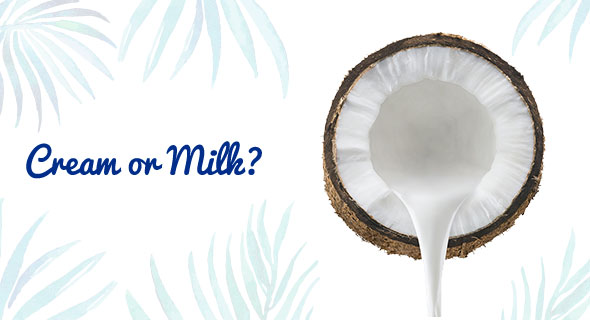
Coconut Cream OR Coconut Milk?
- Coconut extract is obtained by pressing the grated coconut white meat. It is then added with water to achieve the desired fat content for production of coconut milk & coconut cream.
- Following CODEX STAN 240-2003 Codex Standard for aqueous Coconut Products:
- Coconut milk is with fat content range from 10-19%
- Coconut cream is with fat content range from 20-28%.

Coconut = high in cholesterol?
- Contrary to common belief, coconut is naturally free of cholesterol.
- Generally, all plant-based food is considered “cholesterol-free”.
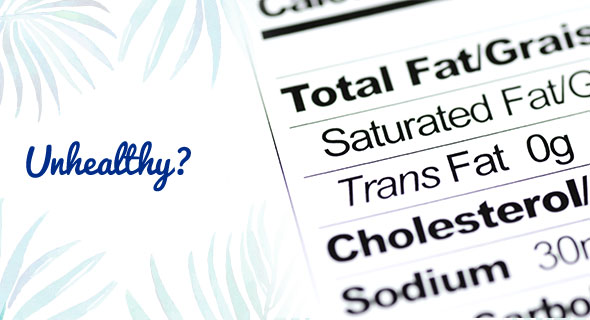
Coconut = high in saturated fats = unhealthy?
- Kara products are free from trans-fat.
- While coconut is high in saturated fats, its fat content is unique and different from most other fats. Saturated fats found in coconuts are composed predominantly of medium-chain fatty acids (MCFAs).
- Based on research, MCFAs does not have a negative effect on cholesterol and can help to protect against heart disease.
- MCFAs are smaller in size than long-chain fatty acids (LCFAs). MCFAs can easily penetrate cell walls and supply quick energy to cells. LCFAs are slow to digest and transport, so our body tends to shove LCFAs into fat tissues as fuel reserve.
- Approximately 50% of the fatty acids in coconut are made up of lauric acid – an antiviral and antibacterial fatty acid that is also present in human breast milk.

Vegan friendly?
- Except Coconut Cream Powder, Kara Coco & Kara products including Kara UHT Coconut Cream are vegan friendly.
- Kara Coconut Cream Powder is not vegan friendly because it contains Sodium Caseinate (dairy milk protein) as processing aid.
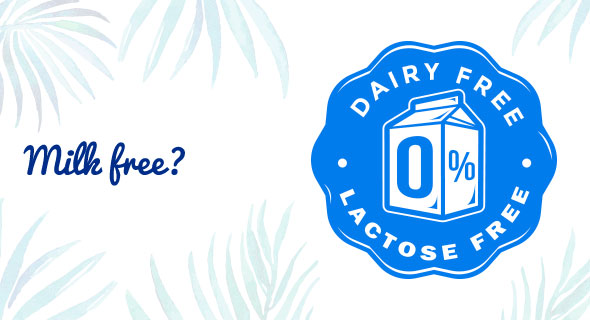
Dairy-free & lactose-free?
- The milk component in Kara products & Kara Coco products are not derived from cows and other mammals, so they are dairy-free.
- Lactose is an ingredient in milk, or a part of milk. It is the sugar component of dairy products. So, dairy-free products are also lactose-free.
- Kara products & Kara Coco products are a dairy-free alternative to those who are lactose intolerant and are also allergic to animal milk.
- Kara Coconut Cream Powder contains Sodium Caseinate (dairy milk protein) so it is NOT dairy-free & lactose-free.
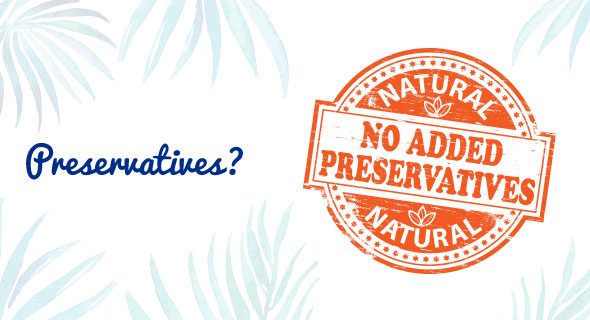
Added preservatives?
- In general, preservatives are not added into Kara products & Kara Coco products.
- Kara products & Kara Coco products can have shelf life of over 12 months due to:
- Ultra-high temperature processing (UHT) – a food processing technology that sterilizes products by heating it above 135°C (the temperature required to kill spores) for few seconds.
- Aseptic packaging – products are aseptically packaged in a sterile package and hermetically sealed to have prolonged shelf life even under ambient conditions.
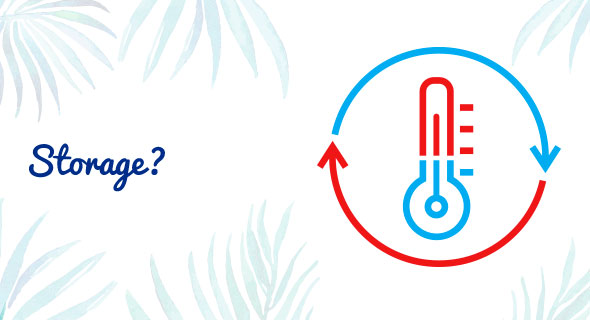
Ideal storage condition?
- Kara products & Kara Coco products shall be stored at ambient temperature (recommended 25-30°C) for optimum shelf life.
- Kara products & Kara Coco products are to be handled with care. Store in a dry and well-ventilated area, away from direct sunlight.
- Refrigerate after opening and consume within 3 days. Do not freeze.
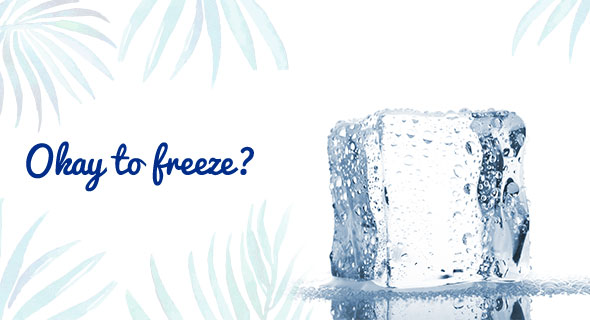
Okay to freeze coconut cream?
- DO NOT freeze (less than 4°C) coconut cream as it will cause irreversible separation of product.
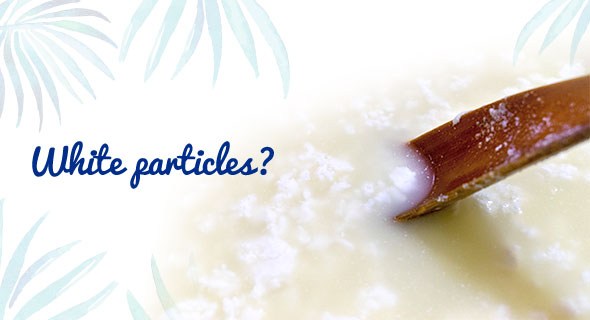
Why coconut milk drink sometimes will have floating white particles?
- Product coagulation which resulted in floating white particles in Coconut Milk Drink will appear naturally due to the absent of additives.
- Shake well before consumption.
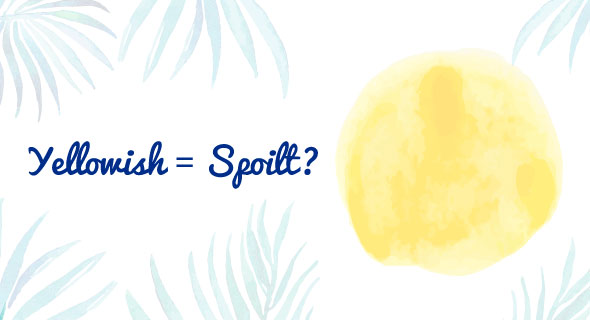
Yellowish = spoilt?
- Coconut water will turn yellowish in colour naturally over time.
- Polyphenol oxidase & peroxidase are two major enzymes in coconut water that contributes to the colouration of coconut water to brown when the reaction between polyphenols and oxygen is catalyzed.
- The oxidation of phenolic compounds in coconut water form brown pigments which cause the coconut water to turn brown – enzymatic browning.
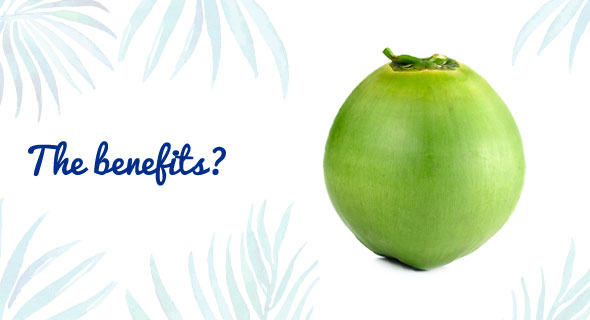
Benefits of coconut products?
- Coconut water is not just water! It contains the same major electrolytes as those in human body fluids, so it is ideal as low sugar hydration choice after a casual workout.
- Coconut water is believed to have the function of preventing & eliminating kidney stones.
- A pack of 330ml coconut water has more potassium than a banana (660mg vs 422mg)
- Coconut oils contain four growth hormones, that help the development of many organisms.
- Coconut flour can replace wheat flour to avoid problem of canine food intolerance.
- Coconut cream contains 17-18 amino acids & more than 90% of the fatty acids in coconut cream are saturated fat – natural antioxidant by itself.

